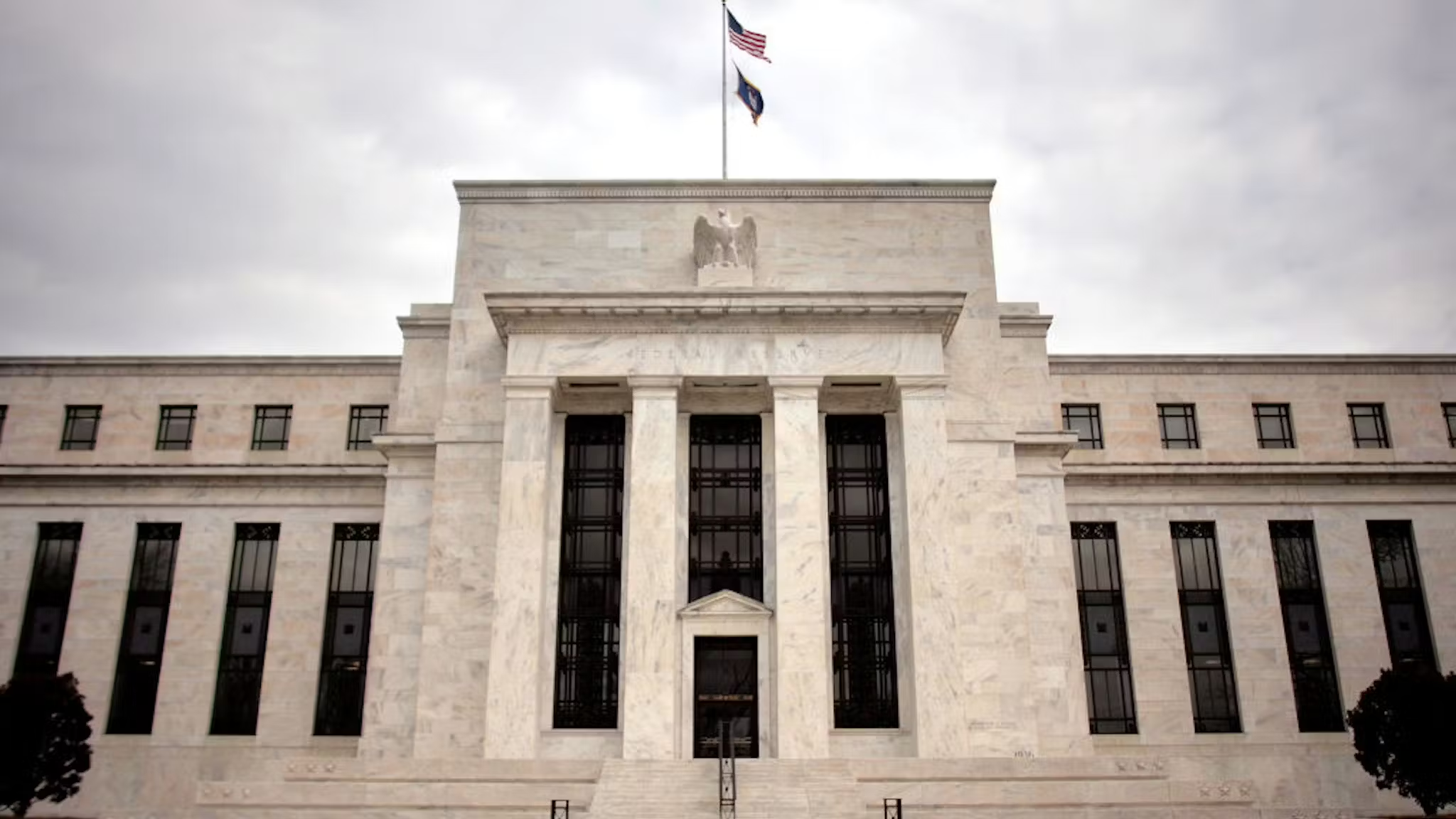Citing inflationary concerns, Deutsche Bank is breaking from the Wall Street consensus to condemn the Federal Reserve.
Chief economists from Deutsche — one of the largest and most important private financial institutions in the world — characterized the global economy as “sitting on a time bomb” due to the central banks’ lax disposition toward inflation.
Historically, the Federal Reserve — the central bank of the United States — has targeted a low and stable inflation rate in their objective to balance unemployment and price levels. As the Fed plans to continue aggressive quantitative easing through 2023, the Biden administration is proposing trillions of dollars in new spending on social programs. As a result, inflation recently reached its highest levels since the Great Recession.
“It is no exaggeration to say that we are departing from neoliberalism and that the days of the new-liberal policies that begun in the Reagan era are clearly fading in the rear view mirror,” wrote Deutsche Bank economists David Folkerts-Landau, Peter Hooper, and Jim Reid in a June 7 paper. “The effects of this shift are being compounded by political turmoil in the US and deeply worrying geopolitical risks.”
Between President Trump’s $2.3 trillion CARES Act and President Biden’s $1.9 trillion American Rescue Plan, the federal government’s debt levels ballooned as policymakers responded to the COVID-19 and lockdown-induced recession.
Currently, the United States’ national debt is equal to 127.5% of GDP.
Other economists — such as Goldman Sachs’ Jan Hatzius — agree with the Fed’s position that current inflation pressures are temporary in nature. Hatzius believes that the Fed “can stick with their plan to exit only very gradually from the easy current policy stance” once unemployment benefits run dry and workers return to the job market.
However, the Deutsche team points to a significant shift in policymakers’ attitudes toward inflation.
The economists note that the “most immediate manifestation of the shift in macro policy is that the fear of inflation, and of rising levels of government debt, that shaped a generation of policymakers is receding.” Accordingly, the paper cites comments from President Joe Biden, Treasury Secretary Janet Yellen, and Federal Reserve Chair Jerome Powell that signal an apparent intention to accept higher price levels.
The paper also quotes President Ronald Reagan — “inflation is as violent as a mugger, as frightening as an armed robber, and as deadly as a hit man” — to note policymakers’ changing mentality toward inflation over the past four decades.
“So two of the biggest historic constraints on macroeconomic policy — inflation and debt sustainability — are increasingly perceived as not binding,” reads the paper. “In turn, the removal of these constraints has opened the door for new goals for macro policy, which go far beyond simply stabilising output across the business cycle.”
Therefore, the United States is witnessing “the most important shift in global macro policy” since President Reagan and Fed Chairman Paul Volcker tackled inflation in the early 1980s.
“The consequence of delay will be greater disruption of economic and financial activity than would be otherwise be the case when the Fed does finally act,” the paper continued. “In turn, this could create a significant recession and set off a chain of financial distress around the world, particularly in emerging markets.”
“We worry that inflation will make a comeback,” conclude Folkerts-Landau, Hooper, and Reid. “Few still remember how our societies and economies were threatened by high inflation 50 years ago… It may take a year longer until 2023 but inflation will re-emerge.”
“And while it is admirable that this patience is due to the fact that the Fed’s priorities are shifting towards social goals, neglecting inflation leaves global economies sitting on a time bomb.”

